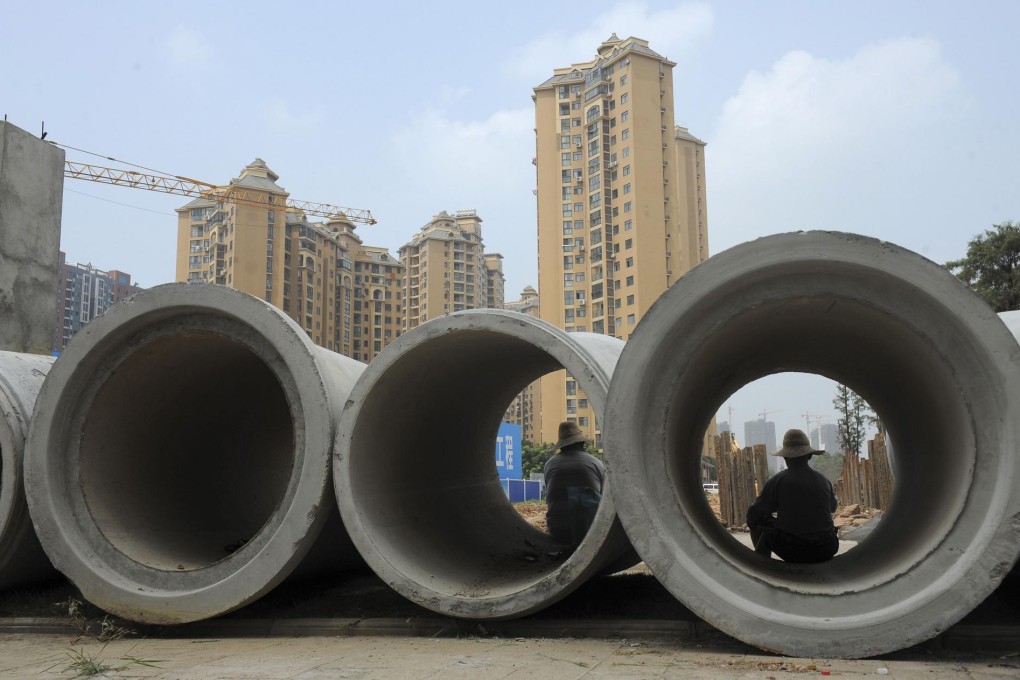Analysis | Why economic stimulus no longer works for China
Mainland monetary policy is adding to the total stock of money without having a noticeably pro-growth effect on the economy

There is a dispute between those who see mainland economic policy as merely being "fine-tuned" and those who see active stimulus. The debate is misguided: the level of stimulus may be relevant to the current state of the economy, but it will not affect where the economy is headed.

Consider using a hose to fill an empty swimming pool with water. At first, the hose has a dramatic effect. When the pool is filled, though, the hose merely causes the water to overflow.
This is the situation in many countries where stimulus has been applied for most of the past decade. Chinese conditions, unfortunately, resemble less a pool and more a small lake.
The Federal Reserve says the stock of broad money (M2) in the US was US$11.2 trillion at the end of the first quarter. Using Beijing's statistics, China's M2 stood at US$18.7 trillion, a staggering two-thirds larger.
The ratio of M2 to national wealth is a measure of how much money is circulating within an economy. Gross domestic product should not be used here because it resets each year while M2 accumulates over time.